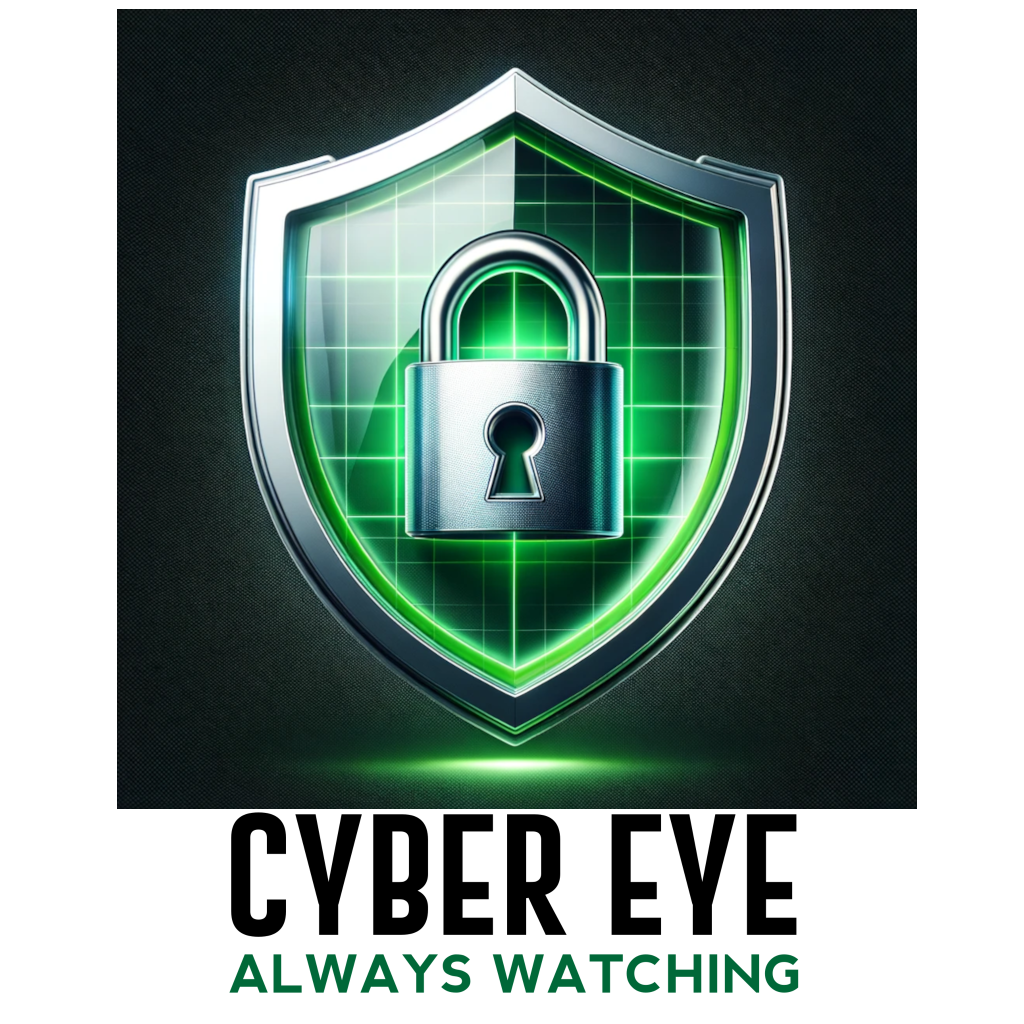Six ways to harden your digital profile

“Kevin” was very frugal. He flossed daily, washed his hands often, wore deodorant, and never ate at McDonalds. He always came to a complete stop, separated his recyclables, ate more veggies than meat, and turned off the lights when he left the room. He also used a credit card responsibly; always paying it off every month. He had another card he used rarely and paid off just as quickly so his debt-to-credit ratio would benefit his credit score.
One day Kevin’s 12-year-old clunker broke down for the last time. He needed a new car. The excitement was actually kind of cool. He researched the options and decided to go for sporty rather than practical this time. The test drive was thrilling. The smell of “new car” instead of “old tube socks filled with fries and candy” was a surprise. A welcome one. But right around the corner was another surprise. A very unwelcome one. Kevin’s credit score. Even though Kevin was ultra responsible in other areas of life, he was not used to checking his credit records regularly. He wasn’t even aware this was a thing. Someone had stolen his identity – and ruined it.
I have bad news. There is a very high probability your personal information (not just your name and address) is on the dark web. Your social security number, your birth date, your address. Most of what an online criminal will need to steal your identity. I mention this because 2.9 billion records were recently hacked from National Public Data consisting of these items.
You’re probably so tired of hearing this. You might even think, “what’s the use?” While this news is dire, it is actually worse than you think. With the exposed personal data (like SSN) combined with other information easily accessible on social media profiles, a criminal can build a detailed profile of a victim. Armed with the data, the criminal can port a cell phone number to a phone they control, intercept the one-time code sent from the victim’s bank account and wipe out the victim’s life savings. They can drain other investment accounts, open new lines of credit, purchase property on credit, etc. Anything you can do with your personal information; a criminal can do just as easily.
This is going to take some time. Really you can significantly strengthen your digital life within less than 2 hours. While this is not intended to be a technical tutorial, and we cannot give legal advice here, you can do the following:
- Use a password manager like Bitwarden
- Enable 2 factor authentication on all your critical accounts (banking, investment, email social media, cell phone provider)
- Create a free login and freeze your credit reporting account at Experian, Equifax, and Transunion.
- Use good credential hygiene as we have always advocated here.
- Remember, if you get an email, text message or phone call requesting you to unfreeze your credit and you didn’t initiate it, it’s probably a scam
- If you receive a contact you did not initiate AND the person claims you are in trouble in any way AND it makes you feel anxious AT ALL, it’s probably a scam. Stop the communication and contact the purporting organization using a known-good number.
Moving forward the world is going to be less trustworthy. You need to adopt a posture of zero trust. Be suspicious of everyone and everything. It could save you.
The original article was posted to the Sierra Vista Herald and can be found here.
